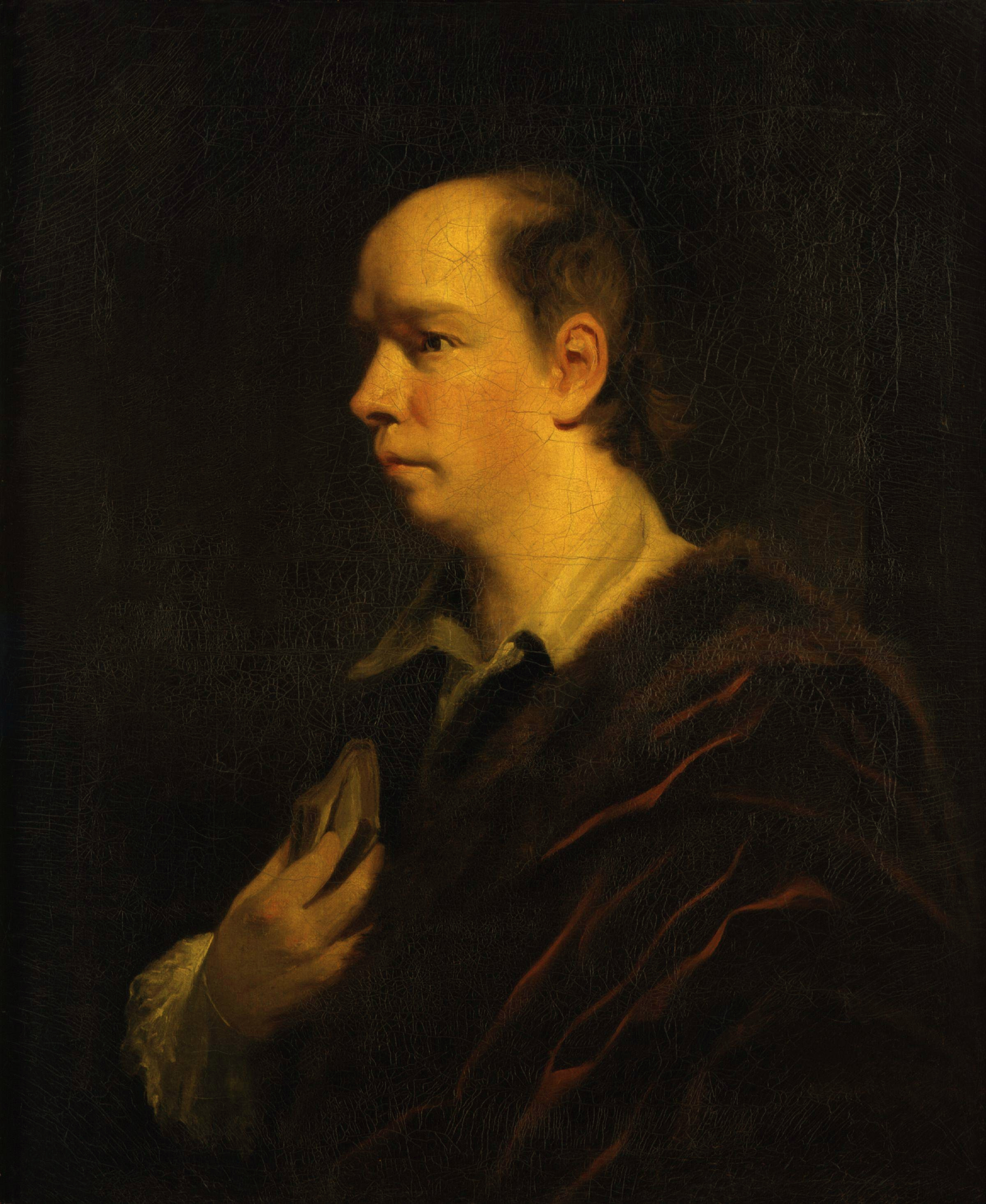9 April 1916: The Voyage of the Aud began on this day. The ship was originally a British merchant ship the SS Castro that had been seized by the Germans on the outbreak of the War in 1914. She was renamed Libau but remained inactive until 1916, when she was designated as the vessel to carry a cargo of arms to Ireland under the nom de guerre of Aud.
It was decided to fit her out as a Norwegian vessel as Norway was a neutral country and would attract less suspicion as she made her way to the coast of Ireland. The Aud was a pre-existing Norwegian ship in their Merchant Navy but the Germans reckoned that this would help their doppleganger to escape detection.
She left the port of Lubeck on 9 April under the command of Captain Karl Spindler with a crew of 4 officers and 21 men. She had on board some 20,000 rifles, 1,000,000 rounds of ammunition, 10 machine guns, and explosives under a camouflage of a timber cargo. The rifles and much of the ammunition originated in Russia. They were captured as a result of the rout of Russian forces at the battle of Tannenburg in 1914. To avoid the British Naval Blockade Spindler sailed along the coast of Norway into Artic waters before turning south again for Ireland. Despite some close shaves Spindler sailed through the British patrol lines unscathed.
Making the coast of Kerry on the 20 April Captain Spindler awaited the signal from the Irish coast that would indicate that the Irish were ready to come out and unload the cargo. However after 24 hours of holding his position it became clear that the plan had mislaid. As Spindler had no radio aboard he was unaware that the initial date for the rendezvous had been changed and he had arrived too early. To make matters worse the men who were sent to meet the ship had suffered a tragic accident on the coast road and one of their motor cars had gone over the cliffs and into the sea below. Three of them were drowned.
Not knowing what was happening on land the Captain decided to hove to off the coast and await developments. But staying in the same location could only attract attention and the Royal Navy was sent to investigate. The Aud was stopped on the evening of 21 April and told to proceed to the port of Queenstown (Cobh) under escort by HMS Bluebell where she was to be searched.
Captain Spindler gave the order to scuttle the Aud and abandon ship in the early hours of the morning of 22 April as she made her way towards Cork harbour. The men made it ashore safely but were quickly captured by British shore parties. They spent the rest of the War in captivity but Spindler was exchanged in April 1918. Thus ended the most serious attempt to import arms into Ireland in the Great War in order to overthrow British rule.
Captain Spindler gave the order to scuttle the Aud and abandon ship in the early hours of the morning of 22 April as she made her way towards Cork harbour. The men made it ashore safely but were quickly captured by British shore parties. They spent the rest of the War in captivity but Spindler was exchanged in April 1918. Thus ended the most serious attempt to import arms into Ireland in the Great War in order to overthrow British rule.

